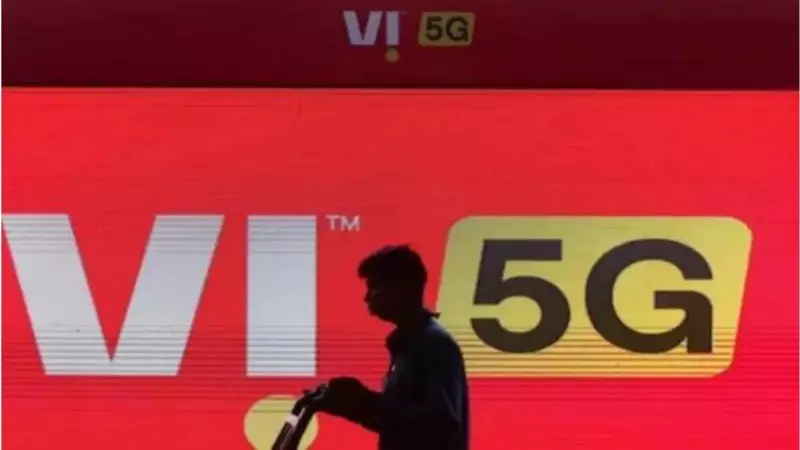
Supreme Court Provides Crucial Relief to Telecom Sector in AGR Dues Case
In a significant development that could reshape the financial landscape of India's telecommunications industry, the Supreme Court has delivered a welcome ruling permitting reconsideration of Adjusted Gross Revenue (AGR) dues for Vodafone. This decision marks a pivotal moment in undoing what many considered a crippling blow to the telecom sector delivered by the Court's October 2019 judgment.
The Historical Context: From Fixed Fees to Revenue Sharing
The roots of this complex legal battle trace back to 1994 when India's telecom sector first opened to private operators. Initially, companies paid a fixed licence fee, but this changed dramatically in 1999 with the introduction of the New Telecom Policy that shifted to a revenue-sharing model. This revolutionary policy is widely credited with enabling the massive growth that transformed India's telecommunications landscape, making mobile services accessible to millions.
Under this framework, telecom operators were required to share 15% of their Adjusted Gross Revenue as licence fees with the government, which was later reduced to 8%. The critical dispute emerged around the definition of "gross revenue" - whether it included only actual revenue or extended to notional revenue that companies never actually received.
The Core Dispute: Actual Revenue vs Notional Revenue
The heart of the controversy centered on how telecom companies calculated their revenue base for fee payments. Most operators employed a common business practice: they published tariff rates but offered substantial discounts and rebates to customers to drive sales. For instance, a prepaid voucher with a maximum retail price of Rs 100 might be sold at a 25% discount, meaning the customer paid only Rs 75.
The Department of Telecommunications insisted that operators must pay 8% licence fees on the full Rs 100 published tariff, while telecom companies argued their liability should only apply to the actual Rs 75 revenue received. This fundamental disagreement sparked years of legal battles that would ultimately determine the financial fate of India's telecom industry.
Initially, the Telecom Disputes Settlement Appellate Tribunal (TDSAT) ruled in favor of telecom operators in 2015. Under the leadership of Justice Aftab Alam, a retired Supreme Court Judge serving as Chairperson, TDSAT determined that licence fees were payable only on actual revenue, not notional amounts. The tribunal noted that the practice of granting discounts and rebates had been ongoing since 2003.
The 2019 Judgment and Its Devastating Impact
The situation took a dramatic turn in October 2019 when the Supreme Court reversed TDSAT's position, ruling that gross revenue encompassed income from all possible sources. The Court's decision meant that the 8% fee would apply to the published tariff of Rs 100, effectively making companies liable for revenue they never actually earned.
This interpretation flew in the face of established accounting principles. As per Accounting Standards (AS-9) and the Companies Act, 2013, revenue properly refers only to consideration actually received or receivable after accounting for discounts, rebates, and deductions. The Supreme Court, however, deemed accounting standards as merely guidelines that couldn't supersede licence agreements.
The immediate financial impact was staggering: telecom companies faced a principal licence fee liability of approximately Rs 23,000 crore. But the truly devastating blow came from additional charges - interest, penalty, and interest on penalty - which ballooned the total demand to an overwhelming Rs 93,000 crore across all telecom companies.
The Relief: A Chance to Correct Course
The recent Supreme Court direction offers a much-needed opportunity to reassess this financial burden. The Court's willingness to permit reconsideration of AGR dues and potentially waive interest and penalties could provide crucial breathing space for the beleaguered telecom sector.
This development aligns with the Supreme Court's own 2016 emphasis on courts considering the economic impact of their judgments. Furthermore, a 1970 ruling had established that penalties should apply only when someone consciously disregards statutory obligations - a principle that could have significantly reduced the financial burden on telecom operators who were simply following TDSAT orders.
The telecom industry, which has been operating under tremendous financial pressure, now has reason for cautious optimism as this ruling could help undo what many considered an unsustainable financial burden threatening the sector's stability and growth.






